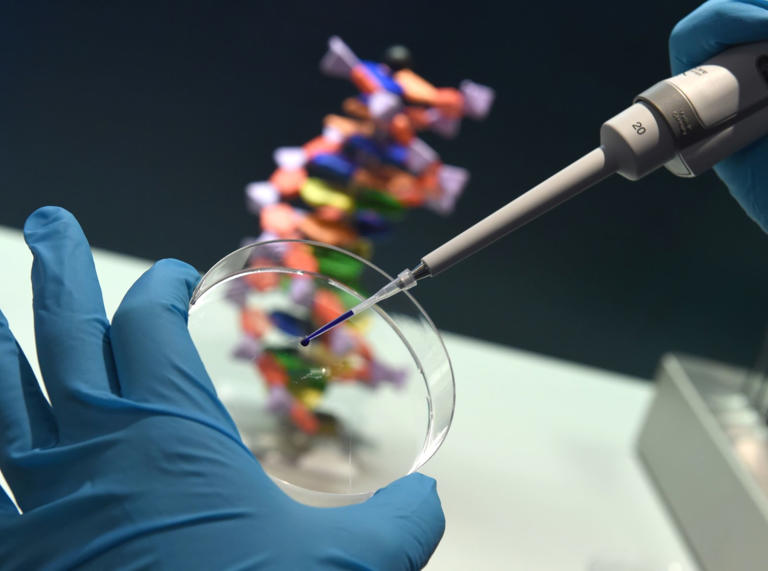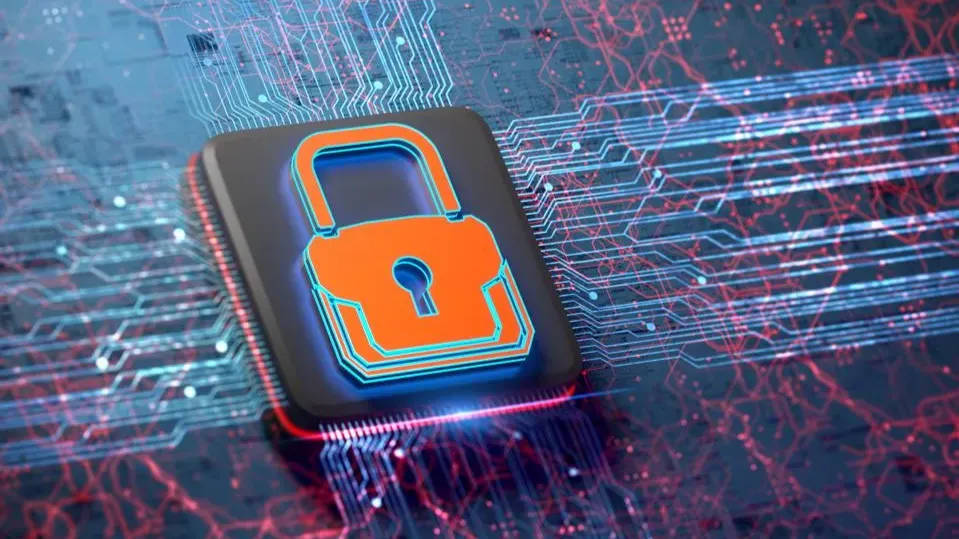In a shocking turn of events, millions of people who have used a popular DNA testing site are being urged to delete their genetic data immediately. The warning comes after the second-largest DNA testing company, 23andMe, filed for bankruptcy, raising significant concerns about the security and privacy of users’ genetic information.
With over 15 million customers worldwide, 23andMe has been a go-to platform for individuals looking to trace their ancestry and learn more about their genetic health. However, recent developments have left users questioning whether their sensitive data is truly safe.
Let’s take a closer look at why authorities are advising people to act fast and the potential risks of leaving your data on the platform.
Why Are Experts Urging Users to Delete Their DNA Data?

The situation escalated after California Attorney General Rob Bonta issued a public statement advising users to consider removing their genetic data from the platform. The reason? The company’s financial instability could put user data at risk of being compromised, sold, or mishandled.
Financial Instability and Bankruptcy Filing
23andMe, once a pioneer in the genetic testing industry, has recently filed for bankruptcy protection. This move follows the resignation of the company’s CEO and co-founder, Anne Wojcicki. The news has raised questions about the future of the company and the fate of its vast genetic database.
Why Does Bankruptcy Matter for Your Data?
When a company files for bankruptcy, its assets may be sold to cover debts. This raises a critical concern: Could genetic data be treated as a sellable asset? Legal experts worry that, in financial distress, 23andMe might be forced to sell its data to pay off creditors.
Video : 23andMe bankruptcy: How to delete your data, destroy your genetic samples
Mass Data Breach Sparks Privacy Fears
The bankruptcy news comes just months after the company faced another major issue—a data breach in 2023. In that incident, seven million users’ data was exposed due to hackers gaining access via old, compromised passwords. Although 23andMe claimed that DNA records were not included in the breach, the event sparked widespread concern about data security.
What Makes Genetic Data So Valuable?
Your DNA holds more than just your family history. It contains highly sensitive health information that could be exploited for a range of purposes, from identity theft to genetic discrimination. In the wrong hands, your genetic data could be used for:
- Marketing and targeted advertising
- Health insurance profiling
- Data mining and unauthorized research
- Personal identification by malicious actors
Given these risks, the idea of DNA data being bought and sold during bankruptcy proceedings is particularly alarming.
California Attorney General’s Warning: Act Now
California’s privacy laws are some of the most robust in the United States, offering consumers the right to demand data deletion. Attorney General Rob Bonta emphasized that users should take control of their genetic data and remove it from 23andMe’s database.

What Should You Do?
To protect yourself, experts recommend:
- Requesting Data Deletion: Utilize California’s privacy laws to ask the company to permanently delete your genetic data.
- Changing Your Password: Ensure that your account is secured with a strong, unique password to prevent unauthorized access.
- Monitoring Your Accounts: Keep an eye on any suspicious activity related to your personal information.
- Staying Informed: Follow news updates regarding 23andMe’s bankruptcy and any developments concerning data management.
Why Data Privacy Matters More Than Ever
Genetic data is incredibly personal. Unlike a credit card number, it cannot be changed if compromised. This makes protecting your DNA data a top priority. As the company’s future remains uncertain, the risk of data misuse or sale becomes more pronounced.
The Legal Landscape: Who Owns Your Data?
One of the biggest questions looming over the situation is whether 23andMe can legally sell or transfer genetic data. While the company’s privacy policy states that it does not sell personal information, bankruptcy can change the rules of the game.
Lawyers warn that if 23andMe’s assets are sold, the new owner may have different intentions regarding data use. This uncertainty underscores why it’s crucial to delete your data now rather than waiting for a legal battle to unfold.

How to Delete Your Data from 23andMe
If you decide to delete your genetic data from 23andMe, follow these steps:
- Log In to Your Account: Go to the 23andMe website and access your profile.
- Navigate to Account Settings: Look for privacy or data management options.
- Request Deletion: Follow the instructions to delete your data.
- Confirm the Process: Make sure you receive a confirmation email stating that your data will be removed.
- Monitor Your Account: Keep an eye on your account for any follow-up notifications.
What Happens After Deletion?
Once you request the deletion, 23andMe should remove your genetic data from their servers. However, keep in mind that third-party research agreements may complicate complete removal. Always check the company’s data retention policy to understand what happens to data shared with research partners.
The Broader Impact on DNA Testing Companies
This controversy highlights a growing concern about the handling of genetic data by private companies. As more people turn to DNA testing to explore their ancestry or health, the potential for data misuse increases.
Video : Privacy Alert: How to Protect Your Data After 23andMe’s Bankruptcy
What Can Other Users Learn?
If you use other DNA testing services, take the time to:
- Read the Privacy Policy: Know how your data is stored and shared.
- Evaluate the Company’s Stability: Financial troubles can put your data at risk.
- Consider Data Portability: Understand how to move or delete your data if needed.
Final Thoughts: Protect Your Genetic Privacy
The recent warning to delete your DNA data from 23andMe should not be taken lightly. As the company faces financial turmoil and privacy concerns, taking proactive measures to secure your genetic information is crucial.
In a world where personal data is becoming an increasingly valuable commodity, understanding your rights and options is more important than ever. By staying informed and taking action now, you can protect your genetic privacy and avoid potential risks in the future.
As the situation with 23andMe unfolds, make sure to stay vigilant and prioritize your data security. It’s your DNA—take control of how it’s used.


